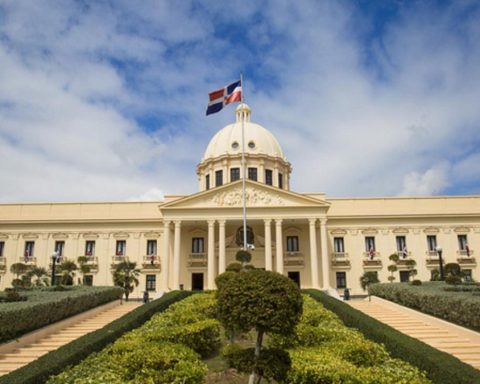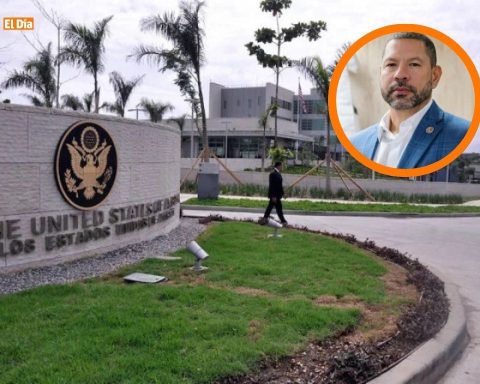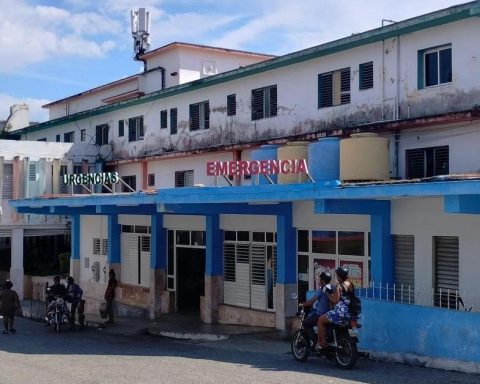Dominican banking began the implementation phase of the Finance Code for Businesswomen to reduce gaps and support credit for women
Of every 100 pesos that Dominican banks have in loans in the country, only 37.5 pesos go to women and the rest to men, meaning that there is no gender equality and this gap must be reduced.
On the other hand, the still minority participation of women in women’s credit increased from 35.9% in 2017 to 37.5% in 2023. Meanwhile, women’s participation in the possession of savings accounts increased from 48.1% to 48.9%.
These figures were shared yesterday by Rosanna Ruizexecutive president of the Association of Multiple Banks of the Dominican Republic (ABA), who highlighted that the Dominican banking system has begun the implementation phase of the Finance Code for Women Entrepreneurs (WE Fi CODE) which seeks to promote financing for micro, small and medium-sized businesses led by women.
She explained that this is a pioneering project at a regional level with the support of IDB Invest and the Financial Alliance for Women and is currently processing gender-disaggregated data on the financial sector, the results of which will be available on August 31 of this year and from that date the evolution of the figures will begin to be measured.
Ruiz indicated that with the data generated they hope to be able to develop a first non-financial proposal to educate women, empower them and give them the financial tools, business plan budget and marketing that they need for their business. And then a second proposal to offer them financial products that are tailored to their needs and that allow their economic empowerment and growth.
Ruiz gave these details when giving the keynote lecture entitled “The We Finance Code as an Instrument of Inclusion in Financial Services” within the framework of the celebration of the tenth anniversary of the magazine Ritmo Económico with a special event entitled “Women with Purpose”: “Transform your finances, secure your future.”
She explained that they are working on a campaign to recruit more financial intermediation entities to sign the code and to build the infrastructure of the code to collect, verify and analyze data broken down by gender and qualitative commitments.
In the Dominican financial system there are more than 2.9 million individuals are debtorsof which 51.8% are men and the remaining 48.2% are women, according to figures from the Superintendency of Banks.

















